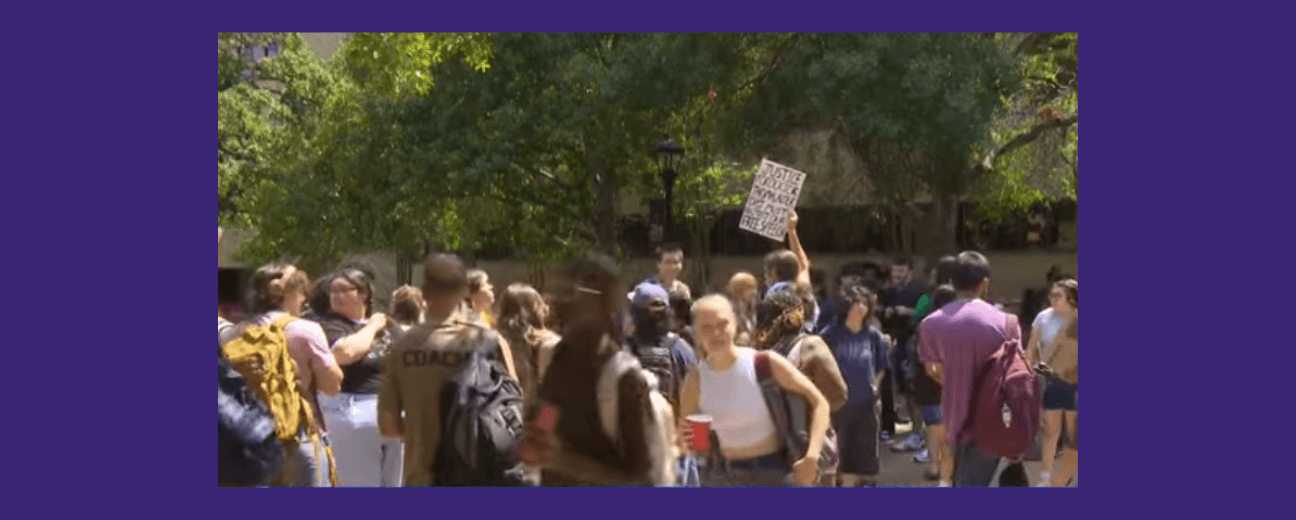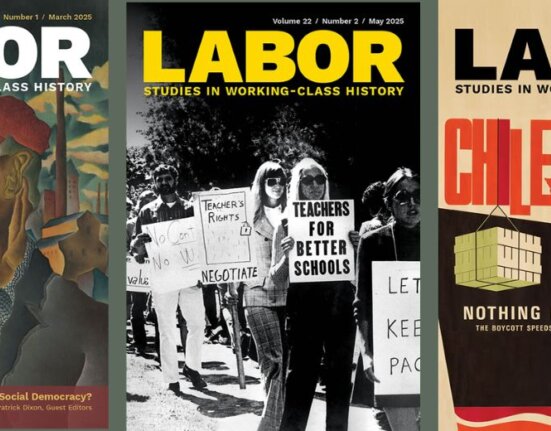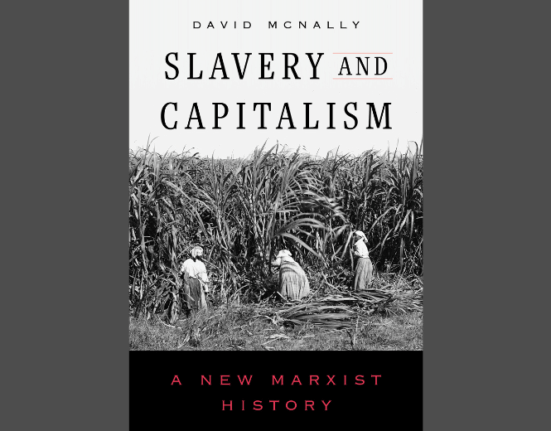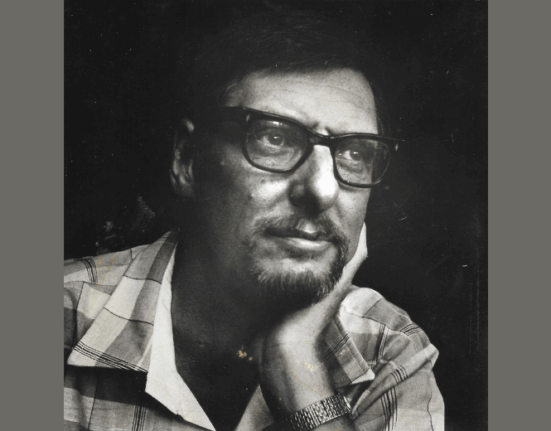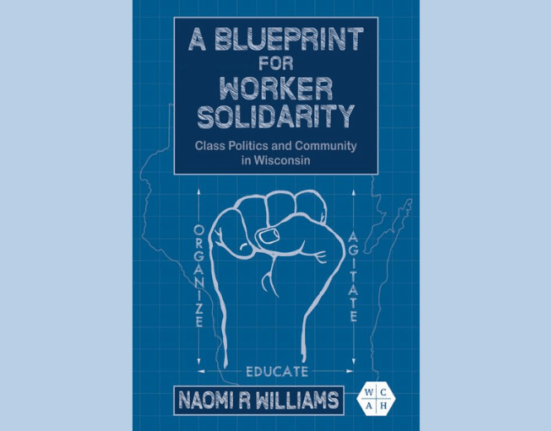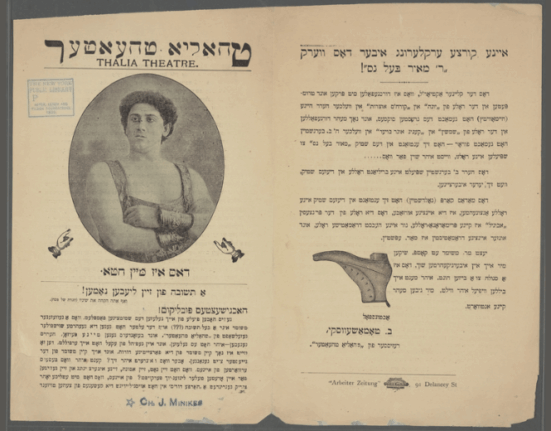LAWCHA has issued a powerful statement of support for LAWCHA member and historian Tom Alter, who was recently fired without due process from his tenured position at Texas State University in San Marcos. There is an urgent public campaign as well as lawsuit to insist on Tom’s reinstatement. As the LAWCHA statement below makes clear, this is an attack on historical practice and freedom of speech.
On September 26, Texas State University was forced to reinstate Alter with pay, after a restraining order was issued by a District judge. He is not returning to the classroom and it is likely that they will now accord Alter due process which means a hearing. However, the university seems intent on proving their case for dismissal, based on Alter’s statements in an online socialist meeting that they purport intended violence.
There is a GOFUNDME campaign to support Tom in this on-going legal and union-supported campaign.
Statement by the Labor and Working-Class History Association on Academic Freedom and the Unjust Firing of Professor Thomas Alter
We, the Officers and Members of the Board of Directors of the Labor & Working-Class History Association (LAWCHA), condemn in the strongest terms the unjust firing of tenured Associate Professor of History Thomas Alter, a respected member of our organization, by Texas State University, San Marcos. Texas State University President Kelly Damphousse fired Professor Alter on September 10 without due process; he was given no opportunity to answer or rebut allegations directed against him.
Professor Alter was singled out for comments he made during a talk outside of the university on a weekend that had no connection to his employer. Although Professor Alter drew upon his academic expertise, this talk was not linked in any way to his work at the university. Most importantly, contrary to the university’s accusation, his remarks did not call for and advocate violence; rather, he addressed in broad hypothetical terms the need for justice for working people and best strategies that might be followed to achieve it.
We are further disturbed by the implication made by Texas Scorecard that Professor Alter’s scholarly writings constitute evidence of his unfitness to teach in Texas. Such policing of content violates Professor Alter’s academic freedom and substitutes politicized opinion for evaluation by his peers, which had led to his tenure. The reliance on a spliced recording in this instance is a chilling reminder of the ways that distortions of speech can become vehicles to quell speech.
Without a hearing or adherence to other formal processes, this firing goes against the principles of academic freedom and employee rights that are central to higher education in a democracy. No university president should have the power to fire a scholar in this way. We stand with organizations committed to democracy and free speech, such as the AAUP, which condemns this act and other recent ones in Texas as “serious violations of well-established standards and principles of academic freedom and tenure.”
As historians of labor and working-class history, we believe that an injury to one is an injury to all and see this unjust firing as not only the capricious condemnation and punishment of a respected scholar but a threat to the discipline of History itself.
Adopted unanimously by the officers and board members of the Labor and Working-Class History Association, September 12, 2025.

